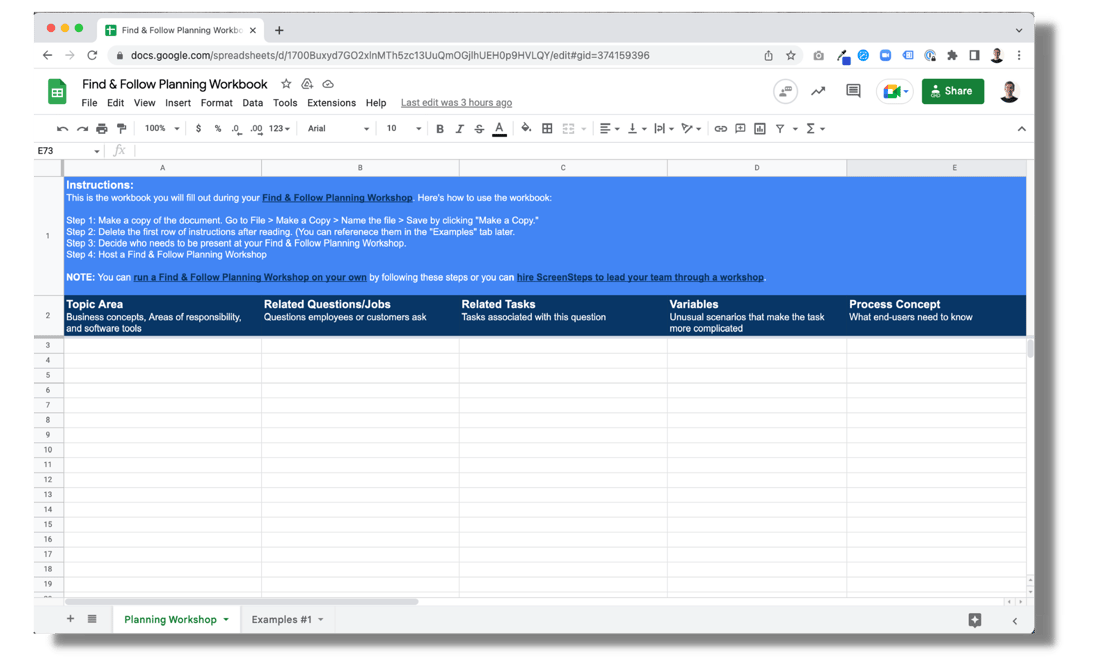|
Hi there,
What if you thought of every task an employee needed to complete, every question they needed to answer, and every problem they needed to solve as a separate dish they had to prepare for a grand buffet?
Maybe the questions to be answered are the appetizers, the tasks are the main dishes, and the problems to be solved are the dessert.
How would you help them successfully prepare each dish?
Would you do what most recipe sites on the internet do and tell them the whole backstory about how your grandma used to make this on the 3rd of March every other year?
Or go into the extensive background about the properties of each ingredient?
Would you hand them an encyclopedia on cooking?
No. You would give them a recipe book.
Each dish would have a recipe. If they followed the recipe correctly, the buffet would be properly prepared.
So, what would happen if you looked at your current challenges around knowledge transfer (training, customer support issues, employee mistakes, etc.) as recipe problems instead of documentation or teaching problems?
When you can clearly identify the dishes you want to create (the actual jobs your employees need to perform), then creating the recipes becomes much easier.
What's your reaction? Can your team spell out all the dishes they need to prepare on a daily, weekly, or monthly basis?
If not, then it's time to run a Find & Follow Planning Workshop.
A Find & Follow Planning Workshop will help identify exactly which recipes you need to create.
This workshop helps your team gain clarity on what is needed and prepare the blueprint for your knowledge operations and training strategy.
How do you run a Find & Follow Planning Workshop at your organization?
1. Define a Role to TargetIt is best to focus on one role at a time in your organization. Don't try to do everything at once. This can be a new role you are bringing on or an existing role you are working to improve.
2. Get the Right People in the RoomIt is very important that you don't just try to brainstorm this list on your own. Ideally, you will have the following interests represented for the role you are trying to support:
3. Review Topic AreasWrite down some topic areas to spur thought. These could be areas of responsibility, applications you use in your business, or products you support. The only purpose of the topic areas is to help people's minds get moving during the workshop.
4. Capture ActivitiesNow, for each topic area, make a list of the following:
It can also be helpful to think of activities they need to do on a daily, weekly, monthly, quarterly, or annual basis.
Once you have gone through this exercise you will have a very detailed list of the recipes you need to create.
Here's a worksheet (+ examples) that we use to organize the information found in these workshops. It may be helpful as you host a workshop at your organization. We recently did this for a role in our organization and it is amazing how much clarity it created.
Best of luck and please let me know how the workshop goes for you.
Talk soon, Greg
P.S. I recently hosted a free webinar all about how to run a Find & Follow Planning Workshop. Feel free to check it out via the link below (no email sign-up necessary).
|
.png?upscale=true&width=1200&upscale=true&name=The-Knowledge-Champion-Email%20(3200%20%C3%97%201400%20px).png)

